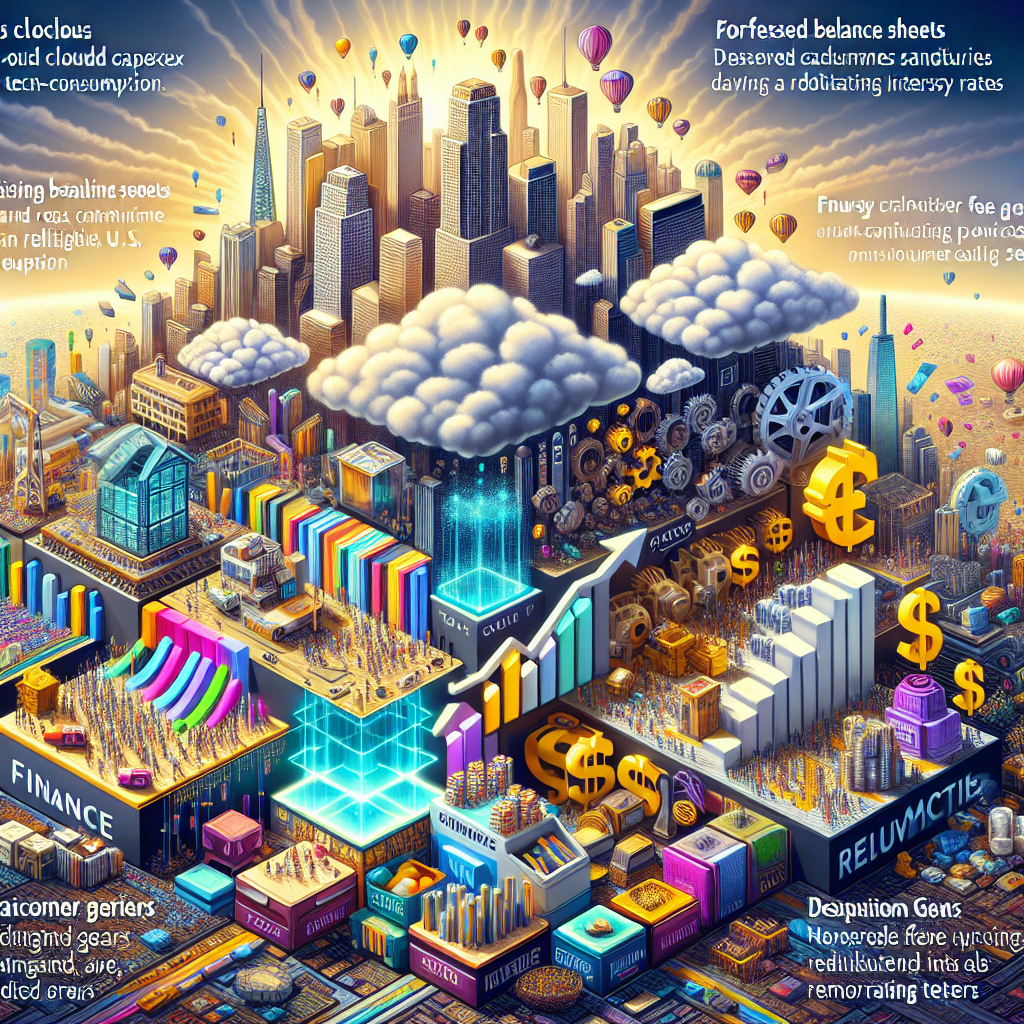
AB InBev’s Brussels-listed shares have slipped from roughly 62 in early summer to about 51 in October, giving back part of a mid-year rally. The change reflects a reset in investor appetite for consumer-staples after a strong first half, alongside currency translation headwinds and uneven beer volumes in mature markets. It also signals that, absent clearer volume traction, the story is leaning more on price/mix and cost control than on expansion. For investors, this matters because the company’s multi-year narrative hinges on premiumization—shifting consumers into higher-priced brands—while safeguarding margins through productivity and procurement. If that balance holds, cash generation can grind higher even if overall category growth is modest; if not, the valuation multiple could drift. Sector-wide, global beverages are navigating a slower pricing cycle, normalizing elasticities, and regulatory scrutiny, which puts a premium on brand strength and disciplined execution.

Infineon Technologies enters this three-year window with stable top-line momentum but compressed earnings, a sign that the power-semiconductor cycle is normalizing after an exceptional period. Reported revenue over the last twelve months stands at 14.64B, while the profit margin is 4.78%, underscoring that underutilization and pricing discipline are now the swing factors for returns. What changed is the balance between resilient automotive and industrial demand and a slower replenishment cycle as customers work down inventories. Why it changed largely reflects the sector’s typical oscillation: when backlog clears, wafer loading and product mix become decisive for margins, especially across power discretes and microcontrollers. Why it matters for investors is that the next leg of value creation will depend less on volume spikes and more on executing a mix upgrade toward higher-value power devices and design wins tied to electrification. Sector context remains constructive: semiconductors that convert and manage energy sit at the heart of electric mobility, renewables, and efficient data centers, even as near-term orders stay selective.

SAP SE enters the next three years with accelerating earnings and a cloud-first strategy that is starting to scale. The last reported quarter showed earnings growth of about 91.10% year over year, supported by operating discipline and a richer cloud software mix, while trailing twelve-month revenue stands at 35.89B. Shares rallied into early 2025 before settling into a tighter range, reflecting a broader rotation within software and a wait-and-see stance on enterprise IT budgets. What changed is not just the pace of results, but the quality: more recurring revenue, stronger cash conversion, and clearer product roadmaps around AI-enabled applications. It changed because SAP’s migration programs and partnerships are converting installed-base demand, and cost structures are normalizing after prior restructuring. It matters because the three-year debate now hinges on durability—whether margin gains and cloud momentum persist as macro tailwinds fade. Sector-wide, enterprise software is moving deeper into subscription and AI, rewarding platforms with sticky workloads and credible expansion paths.

Tencent’s three-year setup has brightened after a powerful equity rebound and steadier operating delivery. Over the past year, the share price outperformed, up 49.43%, while profitability remained resilient with a profit margin of 29.54%. The near-term story is about execution: keeping games, advertising and fintech growing without sacrificing discipline, and translating traffic leadership into cash returns. Partnerships in premium content and studios, alongside ongoing investment in technology, suggest a focus on quality revenue rather than volume alone. Legal friction around intellectual property underscores the need for strong governance but is unlikely to alter the core trajectory unless it broadens. For China’s internet sector, the mix is improving as macro stabilizes and regulation normalizes in practice even if policy risk persists. For investors, the change matters because improving growth with high margins can sustain a re-rating, provided cash generation stays healthy and external risks—regulatory, competitive and legal—remain contained.

Li Auto’s setup into 2026–2028 is shaped by a cooling revenue trajectory, a broadened product roadmap, and execution on infrastructure. The stock has fallen -14.35% over the past year as investors weigh near‑term competitive discounting in China’s EV market against a longer runway from new models and self‑funded growth. Trailing revenue stands at 143.32B, underpinned by strong SUV demand earlier in 2025, while recent headlines point to a sedan launch, a plan to rapidly expand the charging network, and an unaudited Q3 update. The “what changed” is a shift from single‑segment strength to multi‑segment execution, plus investment spend that can dilute margins before scale benefits kick in. The “why” is intensifying price competition and product‑cycle churn, which typically depress near‑term growth as lineups refresh. The “so what” for investors: over the next three years, Li Auto’s ability to defend margins while ramping new platforms and charging will likely matter more than unit growth alone, in a sector where mix, software, and cost curves drive outcomes.
- Unilever (ULVR.L) three‑year outlook: margin rebuild versus volume reset
- Apple’s three-year outlook: iPhone 17 cycle, services durability, and the AI device race
- Unilever three‑year outlook: pricing cools, volumes in focus as valuation resets
- Visa three-year outlook: durable margins, travel tailwinds, and real-time payments risk





